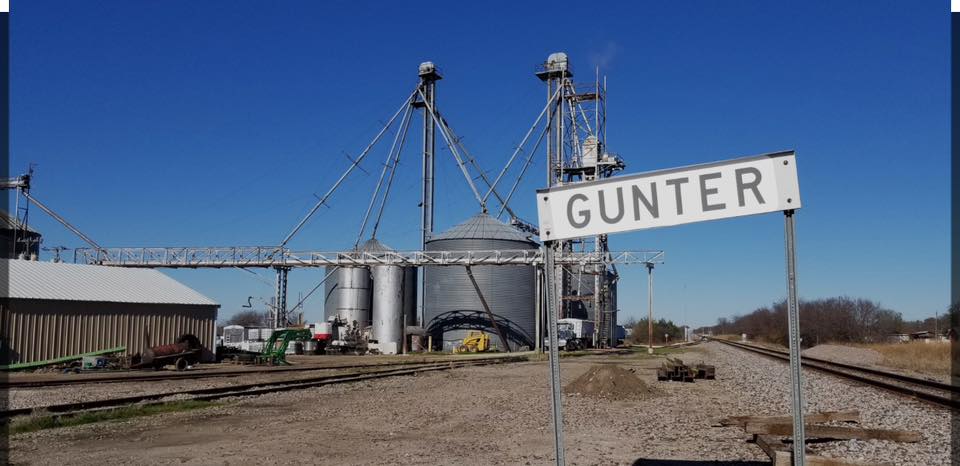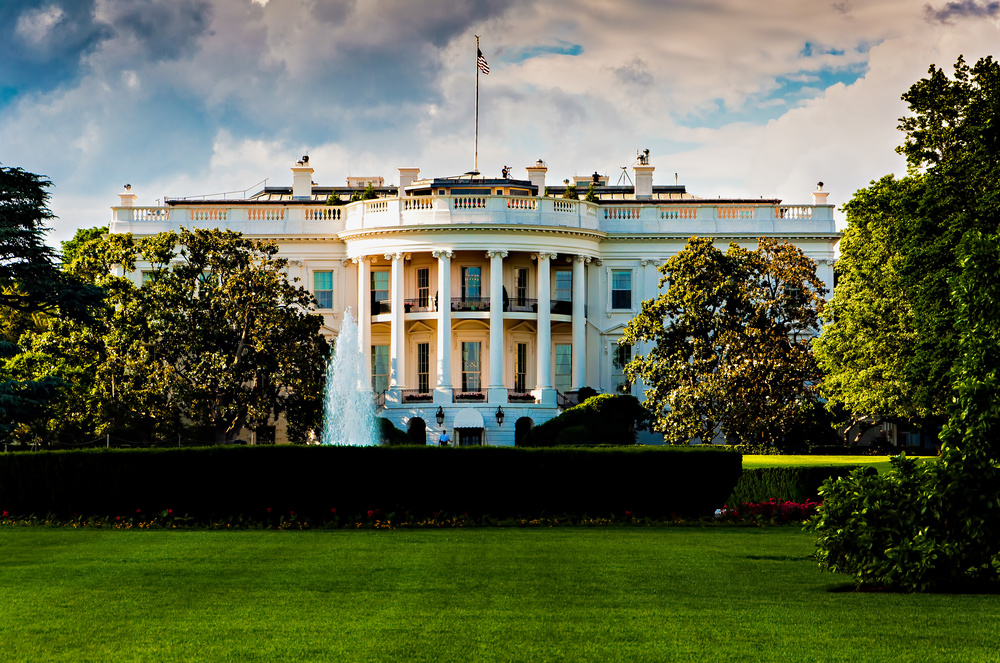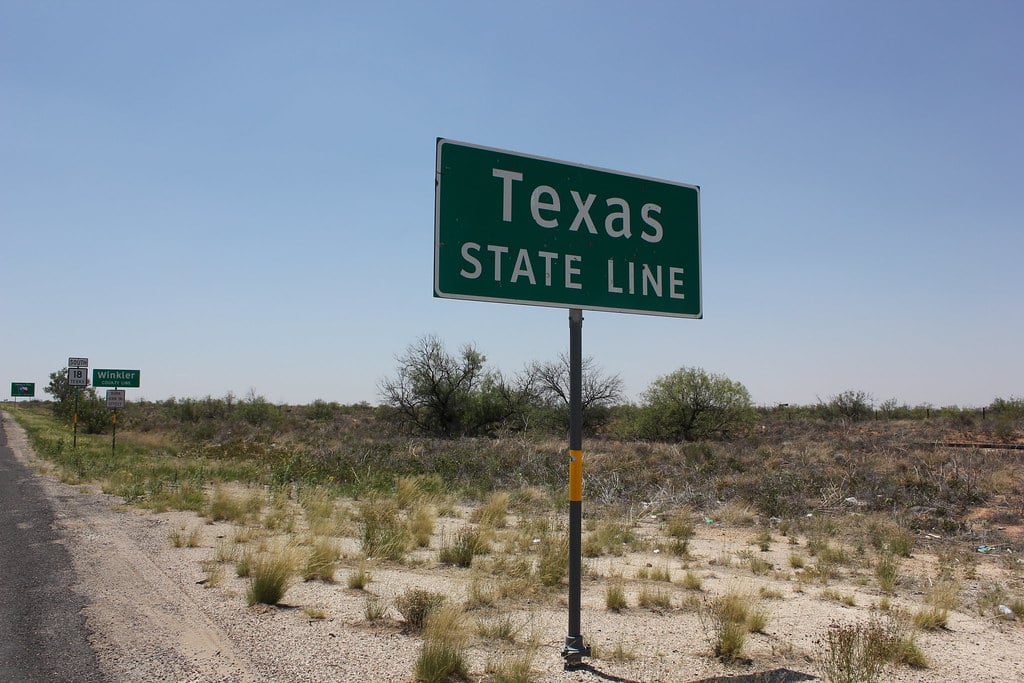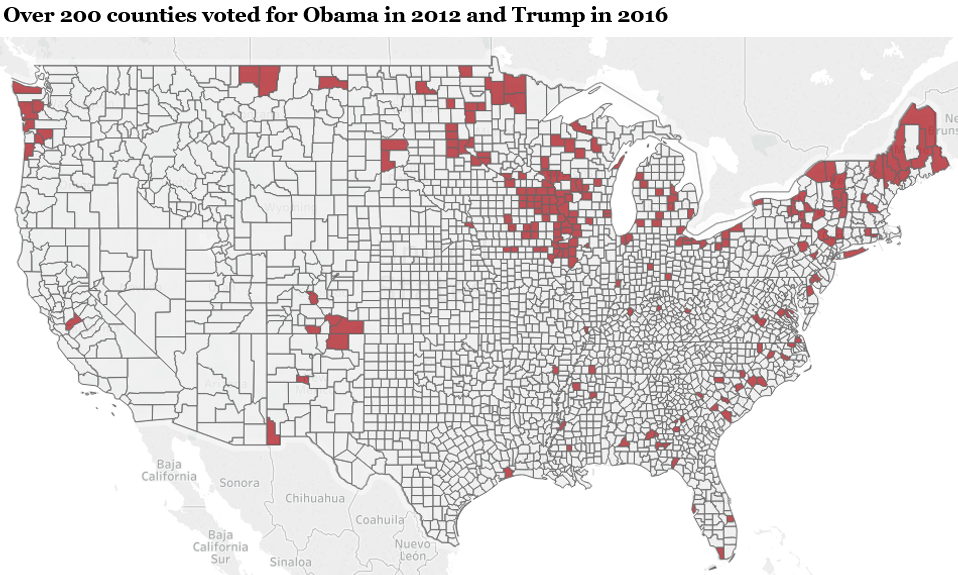A Texas Tribune article shows how social media fueled citizenry makes local governing harder and how the small town of Gunter, TX doesn’t have a functioning government.
What to know:
-
Gunter, Texas, faced a crisis due to a lack of transparency in a railroad development deal, leading to public outrage and council resignations.
-
Misinformation on social media exacerbated the divide between residents, council members, and the mayor, hindering communication and units within the community.
-
The breakdown in governance resulted in stalled city functions and a loss of trust in local leadership, highlighting the broader impact of political polarization on civic engagement.
-
The Gunter crisis underscores the importance of transparency, accountability, and responsible communication in local governance, with recommendations for fostering open dialogue and civic engagement to prevent future crises.
In Gunter, Texas, a controversy erupted over a railroad development deal that plunged the city into a political crisis. The council's decision to approve a significant project without public consultation ignited widespread outrage among residents. Accusations of secrecy and corruption quickly followed, leading to a breakdown in trust between the council and the community. Mayor Souther capitalized on the discord, positioning herself as a populist figure and exploiting the growing distrust in the council.
The city's ineffective communication channels and the spread of misinformation on social media exacerbated the division among residents, council members, and the mayor. The Tribune reported that the core issue, stemming from the lack of transparency surrounding the approval process for the 949-acre rail facility, caused residents to feel blindsided by the decision, feeling marginalized and betrayed by their elected officials. This breakdown in communication fueled resentment and suspicion within the community, ultimately culminating in the resignation of all council members.
Social Media Stokes The Flames
The proliferation of misinformation on social media platforms such as private Facebook groups became breeding grounds for rumors and conspiracy theories, exacerbating divisions within the community of Gunter. Echo chambers in Gunter’s society created by social media algorithms amplified these falsehoods, making it challenging for residents to discern fact from fiction. As tensions mounted, the city council found itself mired in a bitter power struggle.
The inability to resolve conflicts and bridge ideological divides paralyzed essential city functions, leaving Gunter's future in limbo. The resignation of all council members and the city manager further compounded the crisis, leaving key positions unfilled and governance at a standstill. Amidst the chaos, Mayor Karen Souther emerged as a central figure. Her handling of the situation, characterized by a confrontational approach and savvy political maneuvering, further polarized the community. Souther's efforts to consolidate power and shift the city towards a strong-mayor system exacerbated tensions within Gunter.
Addressing Misinformation Challenges in Governance
The turmoil in Gunter, Texas, reflects a broader struggle with misinformation and its impact on governance. Recent legal battles, such as the Missouri v. Biden case highlights the complexities faced by government officials and civil society groups in combating false information, particularly on social media platforms. A federal court ruling restricted communications between the government and social media companies, hindering efforts to counter disinformation effectively. This decision, currently under appeal, not only prohibited the sharing of truthful information but also jeopardized collaboration between government entities and organizations like the Brennan Center.
The implications of such restrictions are profound, especially in the realm of election integrity. Misinformation campaigns during the 2020 presidential election underscored the urgent need for proactive measures to safeguard democratic processes. However, vague legal injunctions risk stifling legitimate efforts to combat misinformation, leaving communities vulnerable to manipulation and division.
Protecting Free Speech For the Betterment of Society–Before Problems Arise
At the heart of this issue lies the delicate balance between free speech protections and the responsibility of governments to ensure the integrity of public discourse. While social media platforms play a crucial role in disseminating information, they also face mounting pressure to curb the spread of false narratives. In navigating these challenges, local officials must remain vigilant against the corrosive effects of misinformation on community trust and cohesion. Transparent communication, engagement with residents, and collaboration with credible sources are essential in countering falsehoods and fostering informed decision-making.
The Gunter controversy serves as a poignant reminder of the interconnectedness between governance, media, and civic participation. As communities confront the complexities of the digital age, it is imperative to uphold the principles of transparency, accountability, and responsible information dissemination to safeguard the democratic process. Moving forward, local officials must prioritize open dialogue, engage with residents respectfully, and combat misinformation on social media platforms. By fostering a culture of transparency and inclusivity, communities can mitigate the risk of similar crises and rebuild trust in the democratic process.
Summary
The fallout from the Gunter railroad development conflict underscores the perils of governance in the digital age. The Gunter, Texas debacle, sparked by a controversial railroad development deal and exacerbated by misinformation on social media, highlights the challenges facing local governance in the digital age. The breakdown in communication and trust between residents, council members, and the mayor led to a paralyzed city government and a loss of faith in local leadership. This crisis underscores the importance of transparency, accountability, and responsible communication in local governance. Moving forward, communities must prioritize open dialogue, combat misinformation, and foster civic engagement to prevent similar crises and rebuild trust in the democratic process.





